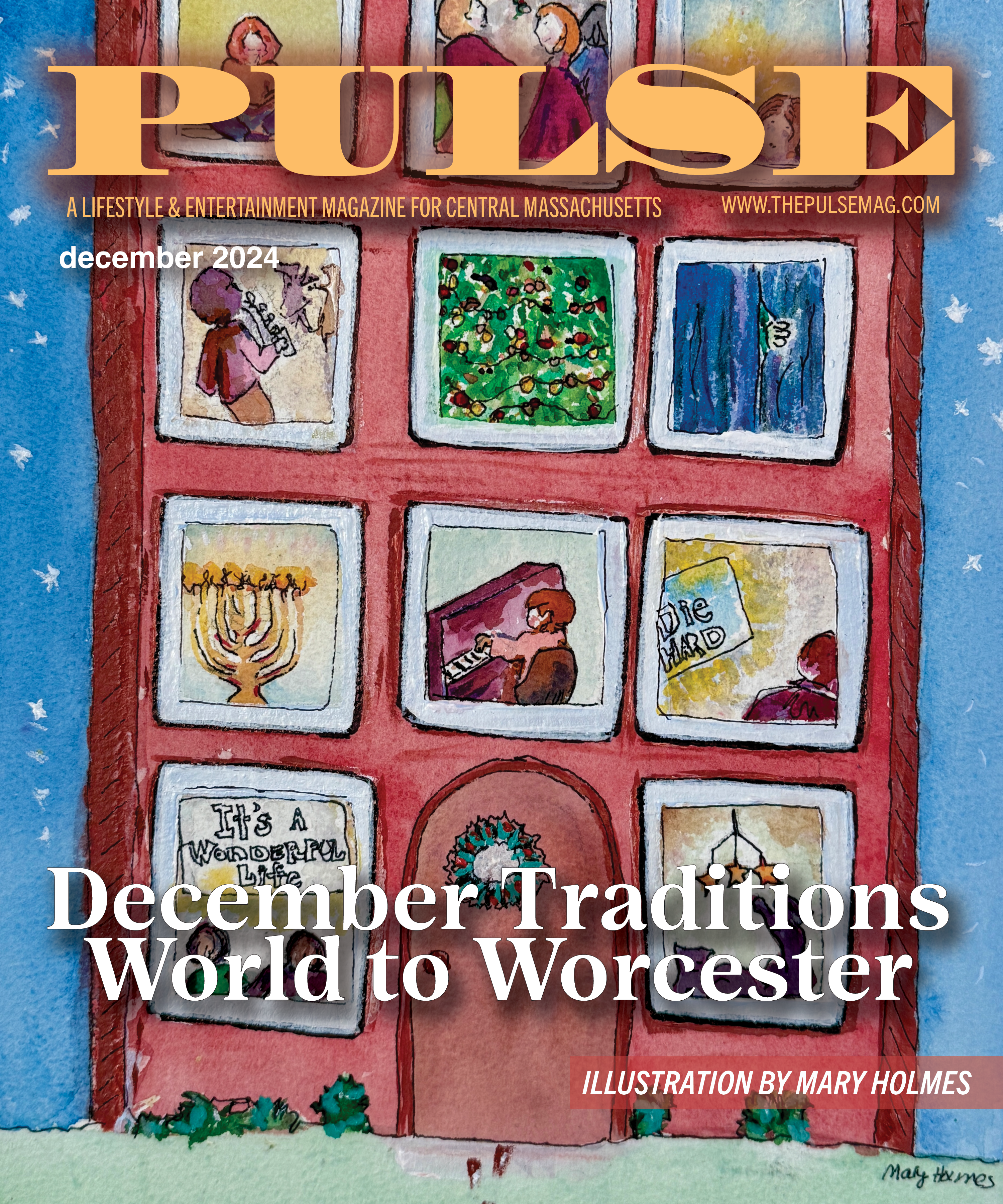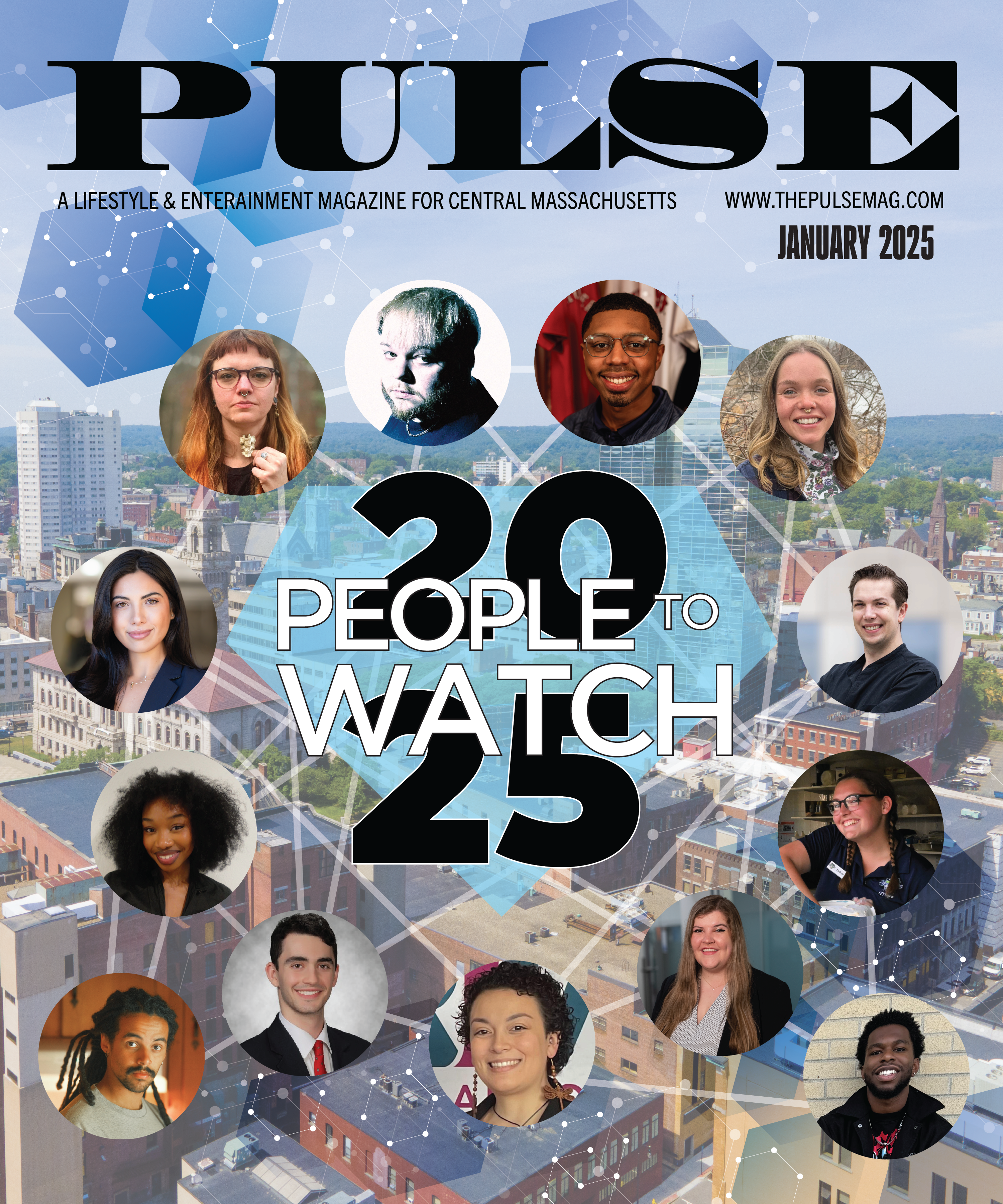In the early 1990’s, feminist Eve Ensler started to interview women about their vaginas and writing the stories down. These stories were the basis of the highly successful The Vagina Monologues which have been performed around the country, including in Worcester where the play was a sold-out success at the Bijou Cinema in 2002.
The Bijou, along with the Worcester Poetry Project in conjunction with Projective Verse, will offer the Monologues again this year. Kinkos will provide sponsorship. On Friday, February 14 at 7:30 p.m., 18 women will perform the play by Ensler at the Bijou. The performance will benefit local charities that combat the violence against women, such as Abby’s House, Faith House, and the Worcester Clothesline Project.
Sou MacMillan, coordinator of both the 2002 and 2003 local productions, says, “There were differences in the scripts last year and there may be this year as well, as well as a new addition to the Monologues
from Ensler herself.”
MacMillan says the addition is titled, “The Crooked Braid”. There will also be two, home-written monologues, which will project the theme of what our community would look like if the violence against women and girls stopped.
The Monologues
will also be performed at The College of the Holy Cross by students sometime this spring. There was a similar performance at Clark University last February.
Monologues creator Ensler suffered both physical and mental abuse. As she began the process of collecting interviews and collaborating with hundreds of women, she began to take the issue seriously with the help of her partner, Ariel Orr Jordan.
Ensler began to talk to older women, young women, married women, single women, lesbians, college professors, actors, corporate professionals, sex workers, African American women, Hispanic women, Native American women, Caucasian women, Jewish women.
Ensler says in her book The Vagina Monologues
, “Women secretly love to talk about their vaginas. They get very excited, mainly because no one has ever asked them before.” Ensler also says that the Monologues are close to “verbatim interviews,” however some do start as composite interviews. Every interviewee was asked to same questions as well as asked to comment on topics.
The Monologues
are composed of issues such as hair, masturbation, menstruation, sexual abuse in relevance to culture and individuality, questions such as “if your vagina got dressed, what would it wear and if your vagina could talk, what would it say, in two words”, as well as factual information.
The Monologues began to spread across the country as Ensler took center stage and shared the stories that had touched her. During the production of the play, Ensler began to focus on stopping violence towards women. She says, “The desecration of women indicated the failure of human beings to honor and protect the life and that this failing would, if we did not correct it, be the end of us all. When you rape, beat, maim, mutilate, burn, bury, and terrorize women, you destroy the essential life energy on the planet.”
In 1997, Ensler met with a group of activist women and founded V-Day. On February 14, 1998 the first V-Day was brought to life in New York City at the Hammerstein Ballroom.
Whoopi Goldberg, Susan Sarandon, Glenn Close, Winona Ryder, Marisa Tomei, Shirley Knight, Lois Smith, Kathy Najimy, Calista Flockheart, Lily Tomlin, Hazelle Goodman, Margaret Cho, Hannah Ensler-Rivel, BETTY, Klezmer Women, Ulali, Phoebe Snow, Gloria Steinem, Soraya Mire, and Rosie Perez all joined together to perform The Vagina Monologues
and launch the V-Day movement.
The importance of getting the words of these women out has grown across communities nationwide and has inspired women to take the stage and celebrate their voices within.







